 |
| May 04, 2020 |
Dear Reader,
Here are today's top stories: A crinkly bag of potato chips can reveal a surprising amount of information about the room it's in. Using the light reflecting off the wrapper, researchers were able to build an image of its surroundings. Next up, an op-ed from our May issue looks into a way to make it easier for the terminally ill to donate organs. In climate news, global warming isn't just causing glaciers to melt—it's making some collapse suddenly. And our main story features an infographic that shows how human contact, not a wildly evolving pathogen, created the coronavirus pandemic. Also, because it's Star Wars Day, I've included a piece from our archive by astronomer Caleb Scharf. Could we tell if the universe around us was filled with galactic empires and rebel forces? Find out below. May the 4th be with you. |
| | Sunya Bhutta, Senior Editor, Audience Engagement
@sunyaaa | |
 |
| |
| |
| |
| |
| |
| |
| |
| |
| |
| Space Believable Extraterrestrials The 100th anniversary of astronomy's 'Great Debate' prompts thoughts on the hunt for life in the universe | | | | |
FROM THE STORE
 | | Ask the Experts: Human Body and Mind The third eBook in our Ask the Experts series, Human Body and Mind tackles questions about our own strange and mysterious biology, from how we evolved to exist this way to feats of body and mind. |  | | |
| |
FROM THE ARCHIVE
 | | Do We Live in a Star Wars Universe? Tis the season for science fiction fun, but could we even tell if the universe around us was filled with galactic empires and rebel forces? By Caleb A. Scharf | | |
LATEST ISSUES
 |
| |
| Questions? Comments?  | |
| Download the Scientific American App |
| |
| |



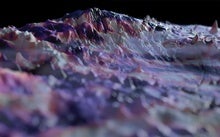
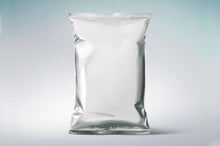
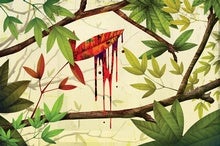
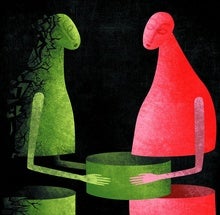
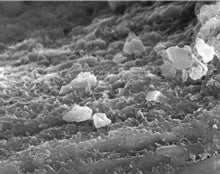
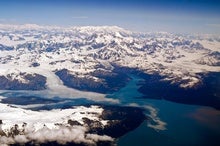
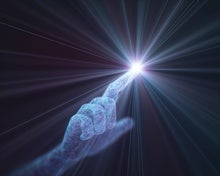
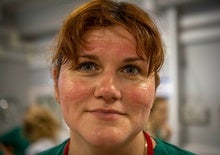
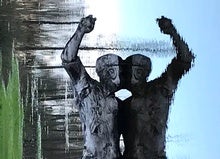
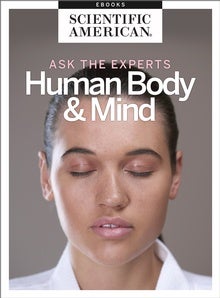

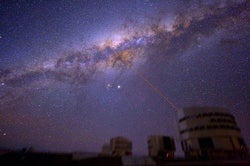
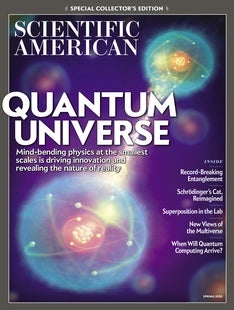

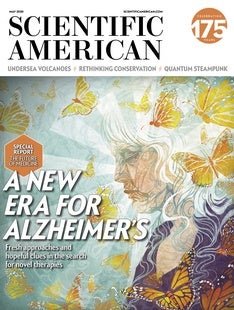
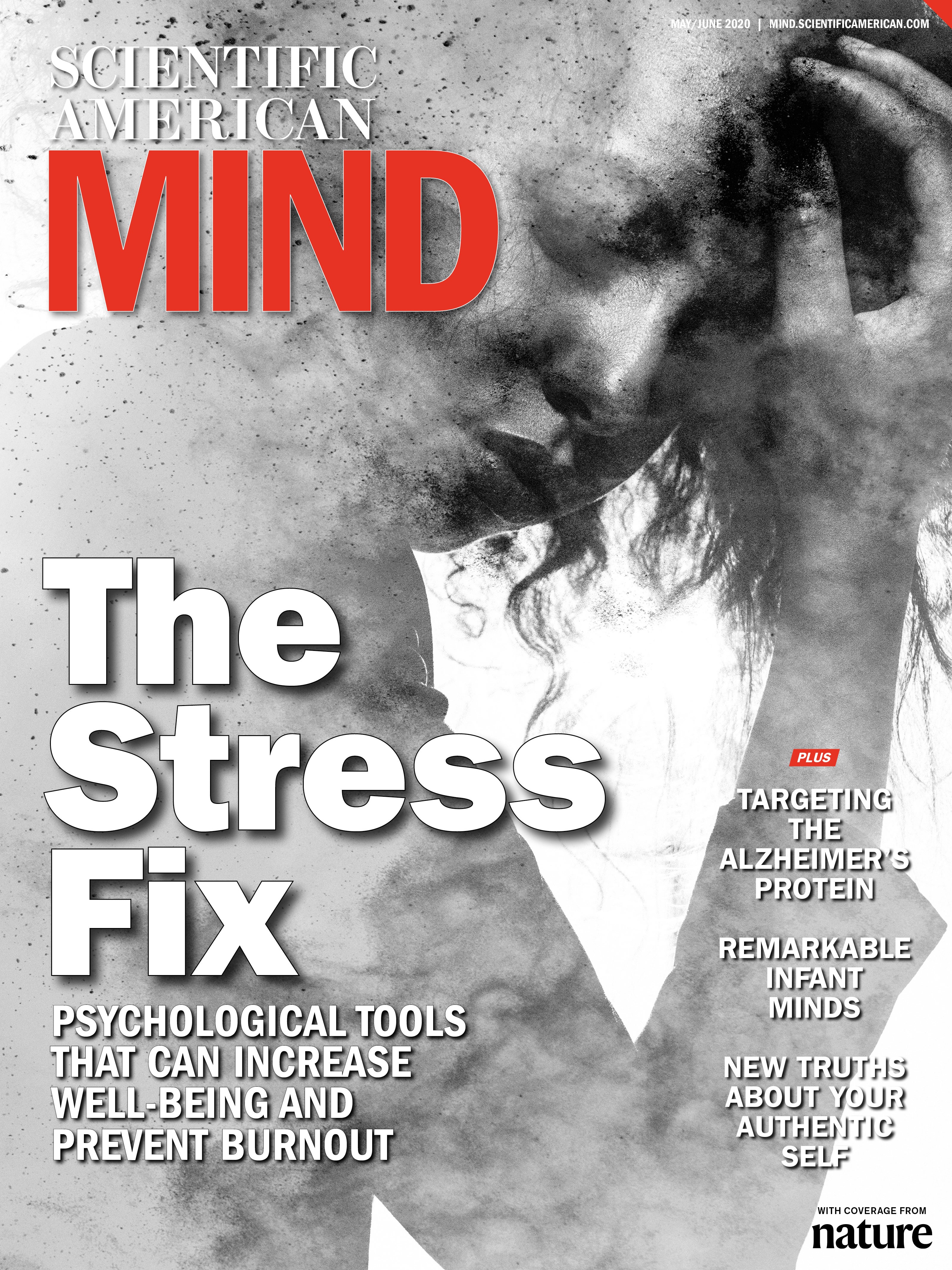
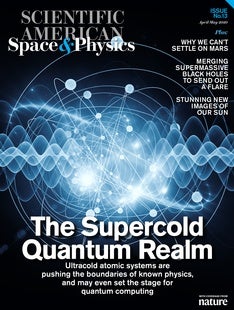



Comments
Post a Comment